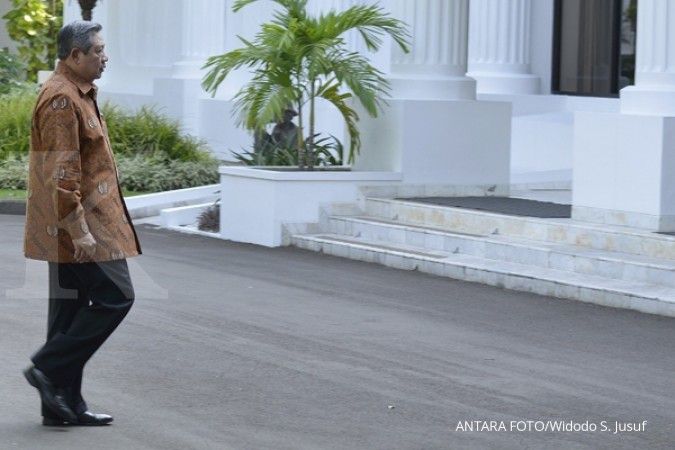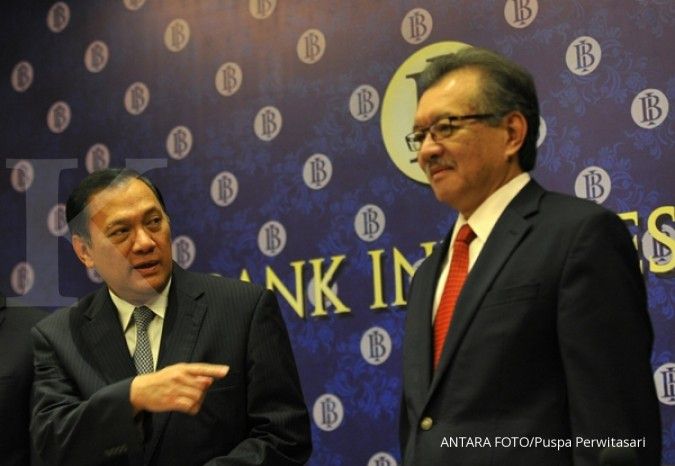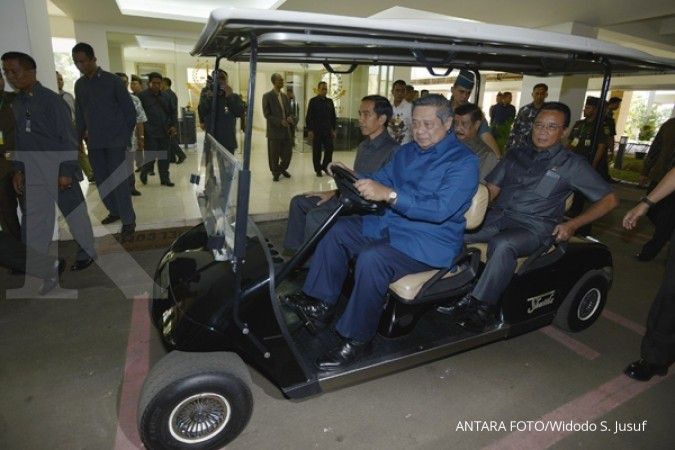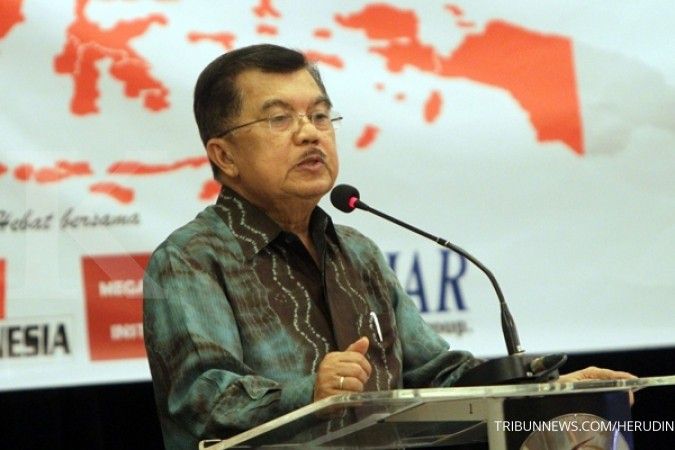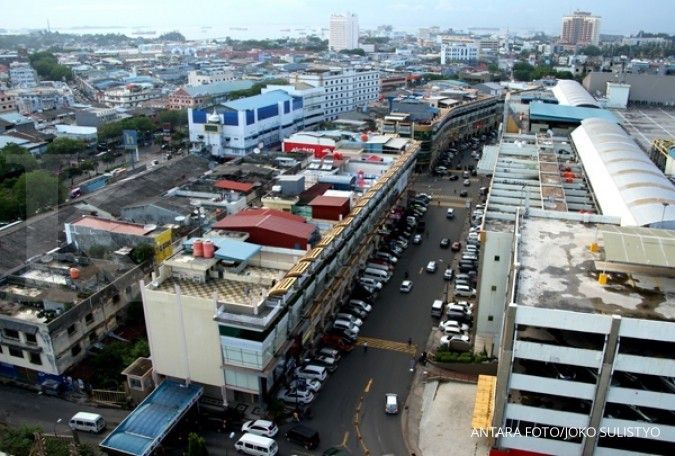JAKARTA. President-elect Joko “Jokowi” Widodo will make moderate adjustments as he crafts his Cabinet, employing only minor changes to accommodate his vision but with close attention to the values of effectiveness and efficiency, which may result in reviewing the positions of some deputy ministers and director generals.
Many previously expected that Jokowi would reduce the size of the Cabinet, which consists of 34 ministers under President Susilo Bambang Yudhoyono, on the basis that the move could save a significant amount of the state budget.
Jokowi and vice president-elect Jusuf Kalla, however, considered the number ideal given the size of the country’s population. Jokowi has also taken into account the consideration that too many changes could also lead to adjustments that will cost the state budget and take time.
“We are still finalizing the posture [of the Cabinet], let alone the figures [to fill the positions],” Jokowi told reporters on Sunday.
He reiterated that political parties could propose figures to serve as his ministers. “We are open to proposals from any groups. Political parties can propose up to 50 or 100 names and I would have no problem with that,” Jokowi said.
Andi Widjajanto, one of the deputy heads of Jokowi-Kalla’s transition team, said the two leaders would have the final say on the Cabinet composition by Sept. 15 at the latest.
“Jokowi has asked us to reassess the effectiveness of the structures of the ministries by, for example, identifying overlapping tasks and functions done by different director generals at different ministries,” said Andi.
The existence of coordinating ministers in Indonesia’s Cabinets has also been under scrutiny. The coordination function, Andi said, could be directly carried out by the president or vice president, or certain ministers.
“The coordinating function can be delegated situationally, depending on the issue. For example, the trade minister may be tasked with serving as the coordinator of the trade deficit issue,” he explained.
The 34 ministries being scrutinized by Jokowi-Kalla include 19 ministries with the exact same names as as they possess today and three new ministries.
“As many as 12 ministries are with different names, which is partly due to the merger of some functions overseen by different ministries,” Andi said.
For example, issues related to higher education will be taken from the Education and Culture Ministry and given to the Research and Technology Ministry, which will then be become the Research, Technology and Higher Education Ministry.
The Disadvantaged Regions Ministry is also set to take on some functions currently overseen by the Public Works Ministry.
“Functions related to rural and housing developments will be taken [from the Public Works Ministry] and attached to [the Disadvantaged Regions Ministry],” he said.
The three new ministries proposed are the Agrarian Ministry, the Population Ministry and the Creative Economy Ministry.
Andi claimed the new ministries would not cost the state budget much.
“The new ministries will use existing infrastructure and human resources,” he said.
Jokowi-Kalla will also likely scrap all deputy minister positions, except at the Foreign Ministry.
There are currently 19 deputy ministers in Yudhoyono’s Cabinet. “The duties of almost all deputy ministers can be handled by the director generals. An exception applies to the Foreign Ministry, where for example the minister would need to spend a significant amount of his or her time attending international meetings,” Andi explained.
Possible posture of Jokowi-Kalla’s Cabinet
New ministries:
1. Agrarian Ministry
2. Population Ministry
3. Creative Economy Ministry
Ministries with new names or merged
• Maritime Ministry (currently the Maritime Affairs and Fisheries Ministry)
• Infrastructure Ministry (currently the Public Works Ministry)
• Agriculture and Food Sovereignty Ministry (currently the Agriculture Ministry, with additional functions currently overseen by the Forestry Ministry and the Maritime Affairs and Fisheries Ministry)
• Research, Technology and Higher Education Ministry
(Bagus BT Saragih and Hans Nicholas Jong)
/2014/08/23/1978110434.jpg)
